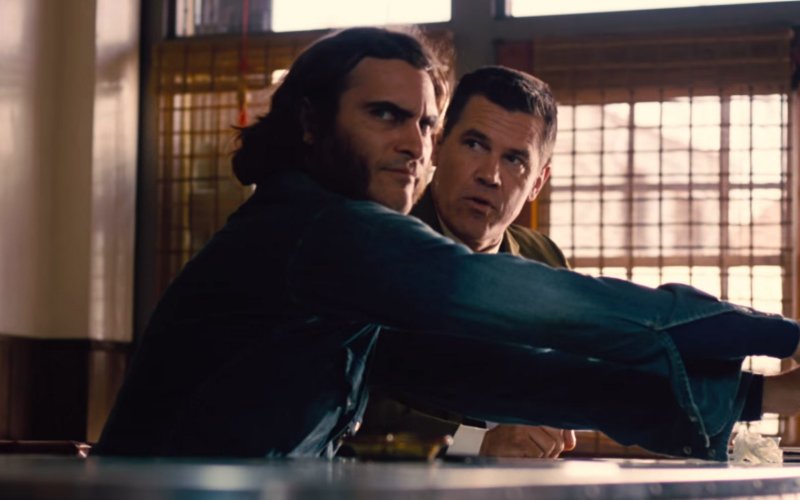In “Match,” Patrick Stewart plays Tobias, a ballet teacher
at Julliard who gets accused of being the absentee father of Mike (Matthew
Lillard) a cop from Seattle. When we first meet Tobias—Tobi, as he likes to be
called—he is still as enthusiastic about ballet dancing as he was back in the
sixties, providing encouragement to his class of aspiring dancers. Outside
Julliard he lives a rather solitary life in a small New York apartment but from
his cheerful and upbeat attitude he appears to be doing just fine. When Mike
and his wife Lisa (Carla Gugino) show up at his doorstep, pretending to interview
him for a fictitious dissertation about dance in the 1960’s—they’re actually
trying to coax him into admitting that he’s Mike’s father-- he’s more than
willing to share his wealth of information. He’s eccentric and flamboyant,
prone to rambling and oddly sentimental—he holds on to his toenail clippings in
a glass jar on the top of a cabinet-- but also extremely passionate about his line
of work. In other words, he seems to be full of life, even at an old age.
Playing Captain Picard on “Star Trek: The Next Generation” and
Magneto in the “X Men” movies, Stewart has become a big celebrity personality
over the years, so it‘s kind of strange to see him star in a low budget film
like this—written and directed by Stephen Belber—playing such a pedestrian
character, but he should do it more often. As Tobi, he gives an endearing,
multilayered performance that only becomes more compelling and authentic. We
see that Tobi’s cheerful, eccentric attitude is a façade, masking deep-seated feelings
of pain and regret that become more pronounced as the movie goes on. Stewart is
the best part about “Match” but the other two performances are also strong. Particularly
Lillard, who initially comes off as stubborn and kind of a jerk—in fact he
retains that demeanor for most of the movie—but in the end you can’t really
blame Mike. He’s also trying to hold back immense feelings of pain and neglect.
Unfortunately, the rest of the movie doesn’t stand as high
as the performances. This isn’t to say it’s bad but just that Belber’s script
doesn’t have much depth or substance to it. With the exception of a few scenes
at the beginning and at the end, the action is confined to Tobi’s apartment
building, allowing for the movie to be tense and claustrophobic. When Mike and
Lisa interview Tobias, things start out calm and simple. Gradually, however, as
their questions become increasingly fishy and personal, the situation starts to
heat up. The water boils over, emotions run high. The situation becomes
increasingly tense and uncomfortable for the audience. Again, none of this is
bad, in fact some of it can be entertaining; however, when we get to the
picture’s conclusion there’s not much to mull over or reflect upon. And not
much to sustain repeat viewings either.
Still, thanks to the performances—mainly Stewart’s—“Match” is
worthwhile; you won’t gain much from it but you won’t lose anything either.
B





